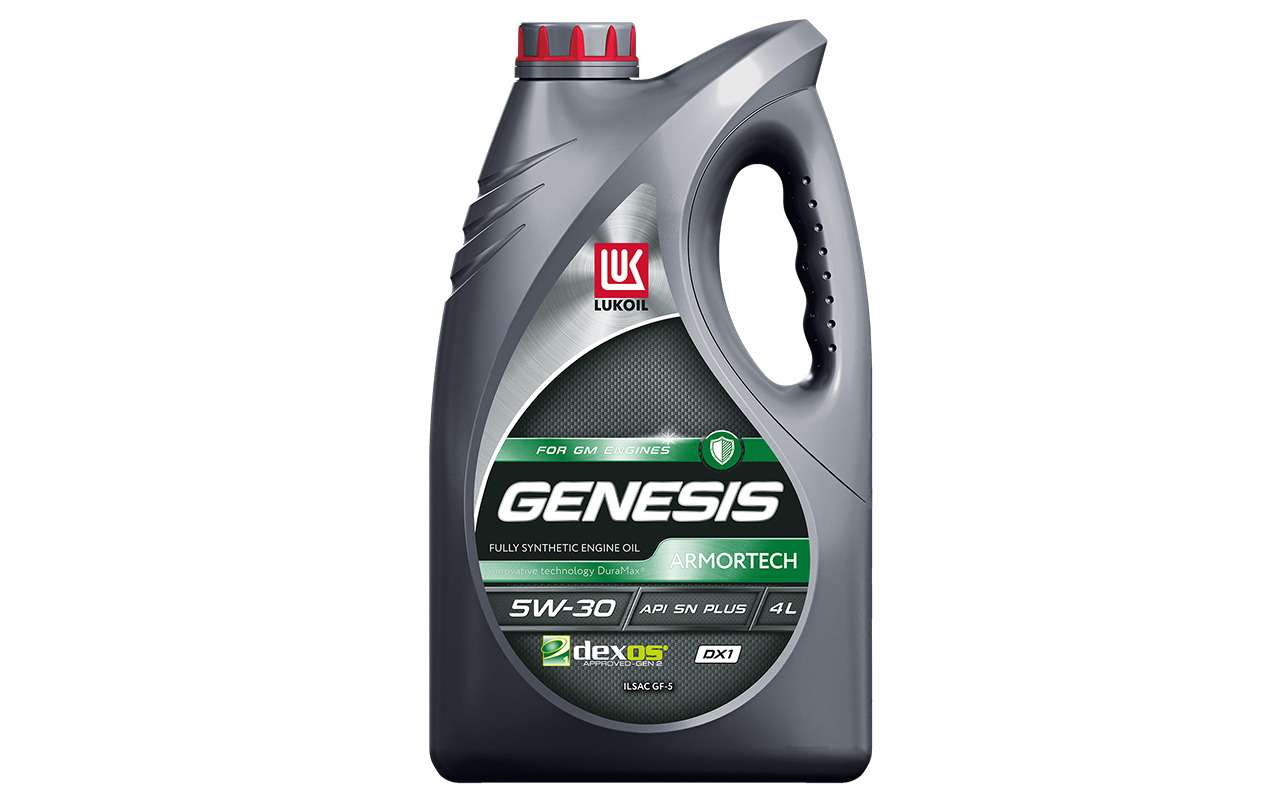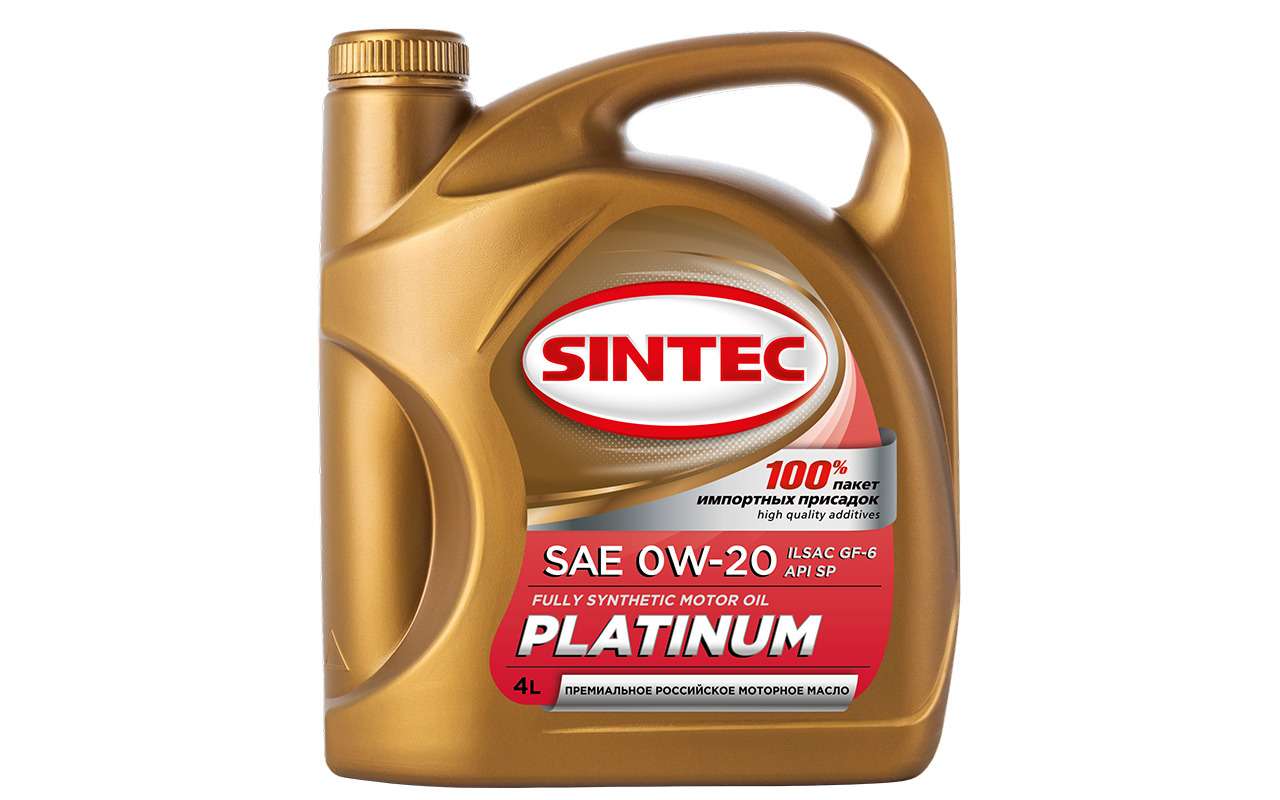Arguments against”
There are plenty of them on specialized forums and in reviews on car owners’ websites. For example: “…Russian oil could (if it isn’t already!) become a killer for many modern car engines running on our roads”. They say it’s all about additives, which we don’t have.
Or: “…our oils are made of who knows what”. To confirm, they provide a photo of the killed Gazelle engines, in which some domestic heating oil has been poured. And finally one more argument: “… you can fill any burda in old engines, but only imported oils are suitable for modern engines».
The meaning of the claims can be briefly expressed: home oil is bad by definition, because there is “nothing” to make of it. No one has accusations about specific parameters.
What are our oils made of?
For production you need the so-called base oil, as well as a package of additives: they are both imported. However, base oils 1, 2, 3 and 3+ are partly produced in Russia, although the main flow comes from abroad. But groups 4 and 5 are really only imported from abroad.
Additives can be used both imported (for the most modern oils) and domestically. Our companies do not disclose the supply channels: according to my information, a wide variety of logistics are possible here. For example, from Dubai, then through the former republics of the USSR. The schemes work, although the path isn’t the closest.
Today, many documents confirming the presence of approvals for Russian oils are starting to disappear from open access as if by accident. Of course, this does not affect the quality of the product. But it gives rise to speculation on the subject.
Do household oils have car manufacturer approvals? They had them yesterday. For example, many Lukoil oils are approved by Mercedes-Benz, BMW, VW, Renault, Ford, Volvo, GM, Cummins, MAN and others. Sintec oils are approved by Mercedes-Benz, Volvo and Cummins. Today, however, as part of the sanctions, many have begun to withdraw their approvals.
Damage to modern engines
In high pressure turbo engines, extremely undesirable phenomena sometimes occur at the end of the compression stroke. For no apparent reason, the temperature and pressure in the cylinders rise sharply – the pistons and cylinder walls are destroyed.
This phenomenon is called LSPI (Low-speed pre-ignition) or SPI (stochastic pre-ignition). We are talking about unwanted early ignition, which manifests itself in direct fuel injection turbocharged engines. Such engines develop the maximum possible pressure; at the same time, the time for petrol evaporation is shorter than for engines with distributed injection. When using “regular” oils, the risk of LSPI is very high. Therefore, specifically to combat this effect, a new oil specification appeared – first the intermediate API SN PLUS and then the main one – API SP.
Do we have such oils? Yes. But unfortunately, they are mainly provided for services – it is not easy to find them in retail. And it’s really annoying.
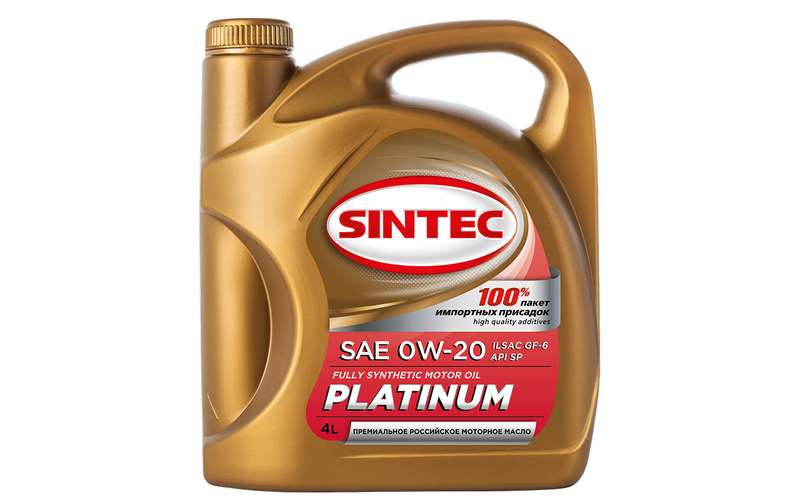
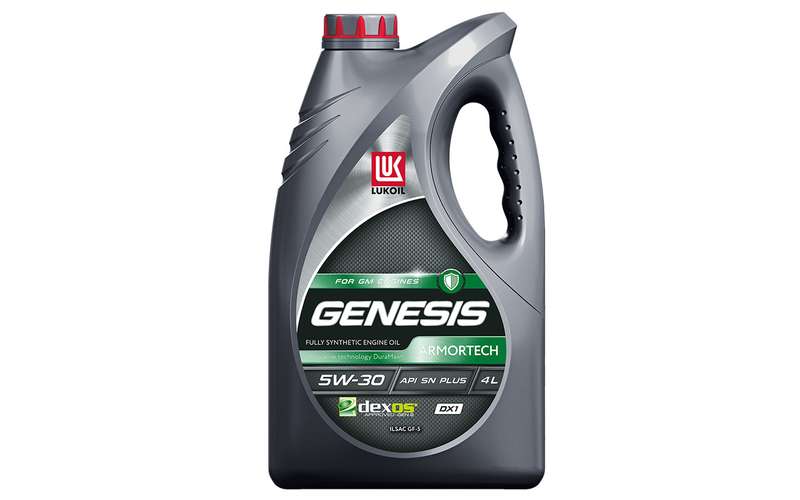
The companies Lukoil and Sintec Lubricants have confirmed that their modern oils can be poured into the engines of foreign cars. On the websites of companies of this level there are so-called “oil pickers”: enter data about your car and get an answer. Examples can be viewed here.
Not all imported oil is of high quality
We came to this conclusion during oil surveys. In the “Killer in a Barrel” article, we discussed a clear technology violation by Castrol oil manufacturers, which was noticed by our readers and confirmed during the investigation. The oil is layered in the canister. In the engine it will turn to tar and condemn the engine to depreciation.
The second example is from the material “The Great Oil Road”». The product, bought as Shell Helix Plus, showed an order of magnitude higher than normal spillage: a very dark, thickened liquid draining from the engine. I even had to repeat the test cycle, but the picture has not changed. This is how bad and cheap “mineral water” usually behaves!
We carefully assumed it was fake. Shell asked for the remaining oil for research, took it to Germany and… didn’t answer. It seems that it was not a fake, but a glitch in the production technology.
Among home oils, we have never seen a clear marriage. And most often eminent imported oils are adulterated – by this criterion, ours are much safer for consumers.
Why are our oils worse than imported ones?
A few years ago, we specifically compared two “plastics”, taking samples of the 5W-40 class of the SN level according to the API classification for testing. We didn’t advertise brands back then. Today we can open the cards: Lukoil played for ours, Shell played for foreigners. The cost difference at the time of testing was double.
The assignment is to conditionally maintain 15,000 km in the stands under the same conditions. In addition, if the “long-playing” Shell had to go all the way, our oil was replaced with fresh oil in the middle – after 7500 conventional miles.
Imported oil worked without comment, although the parameters eventually “sank”. Our oil also survived two shifts. In addition, this mode turned out to be economically better than the “imported one”. The level of deposits at high temperatures was almost the same in both cases. In terms of low temperature deposits on the valve train and oil sump surfaces, Shell did slightly better by using a higher quality base oil.
Hence the conclusion: when using an imported product, there is more benefit to the engine – only if the replacement intervals are shortened. But then the oil costs will be higher. Especially given the current price difference between domestic and imported products.
Sum up
When using household oils, two problems can arise:
- It is difficult to purchase a modern SP quality product.
- Our oil will (probably) not last long and therefore it is advisable to change it more often.
Given these two factors, home heating oil can be safely poured into modern engines. This will not affect the engine power and maintenance costs will be significantly lower.
SPECIALIST’S COMMENTS
Denis Zagarin, Head of the NAMI Test Center
If dealers do not have recommended or original branded fluids in their warehouses, the transition to a domestic product with similar characteristics defined by the SAE, API, ACEA or our national AAI classification is inevitable in most cases. And although the instruction manual recommends the use of original fluids, but, as a rule, the same document gives universal characteristics of fluids acceptable for use.
|
- “Driving” can be read in viber.
Why are our oils worse? Why don’t they have automaker approval? How do they fall short? The experts provided detailed answers.
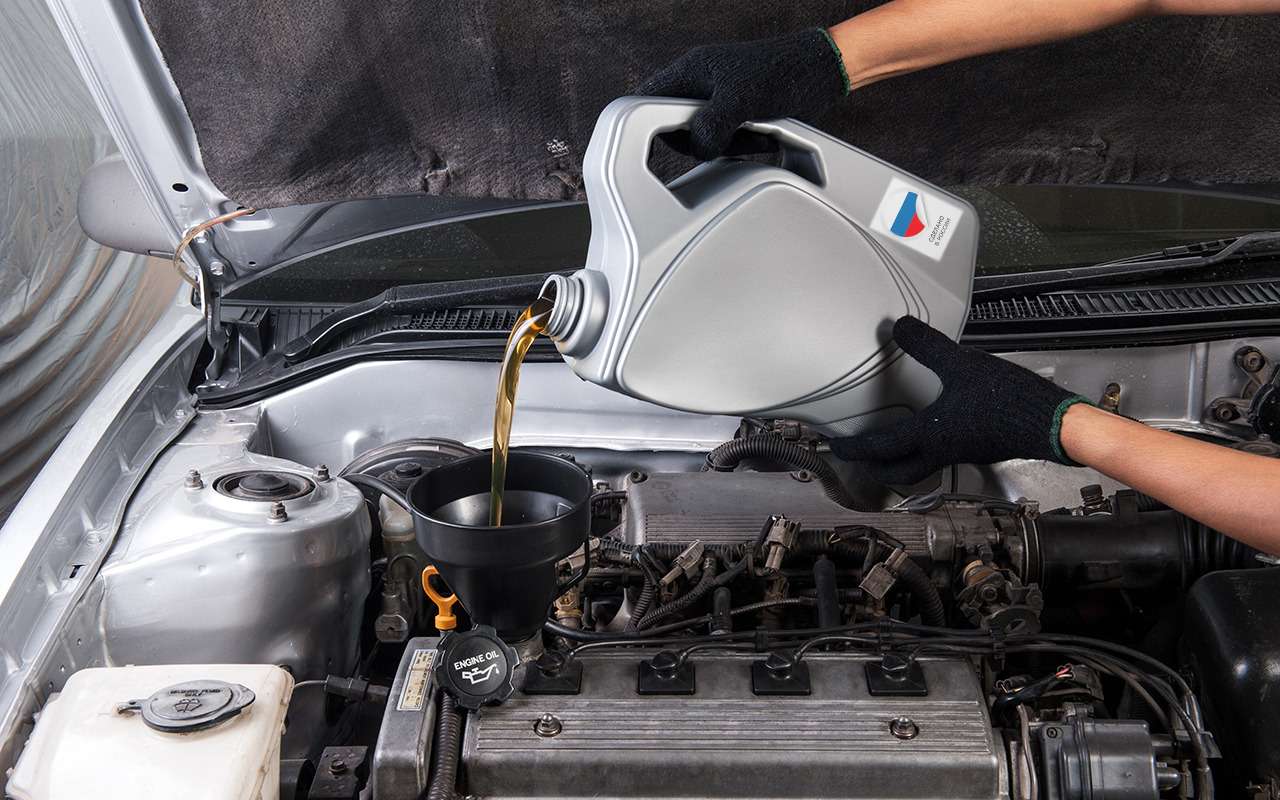
Source: Z R




